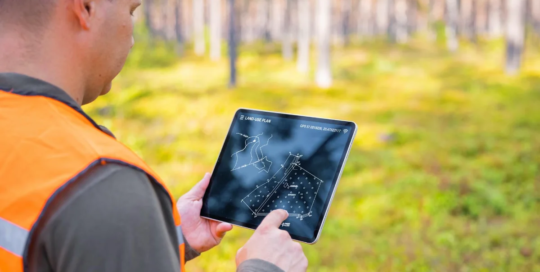Research, evaluate, and establish public policy concerning the origins of humans; their physical, social, linguistic, and cultural development; and their behavior, as well as the cultures, organizations, and institutions that humans have created.
Sociologists
2025-09-04T09:38:25-06:00Study human society and social behavior by examining the groups and social institutions that people form, as well as various social, religious, political, and business organizations. They study the behavior and interaction of groups, trace their origin and growth, and analyze the influence of group activities on individual members.
Industrial organizational psychologists
2025-08-01T22:01:17-06:00Apply principles of psychology to human resources, administration, management, sales, and marketing problems. They perform activities that may include policy planning; employee testing and selection, training and development; and organizational development and analysis. They work with management to organize the work setting to improve worker productivity.
Survey researchers
2025-08-01T21:44:26-06:00Plan, develop, or conduct surveys. They analyze and interpret the meaning of survey data, determine survey objectives, or suggest or test question wording. Includes social scientists who primarily design questionnaires or supervise survey teams.
Environmental economists
2025-08-01T21:40:08-06:00Conduct economic analysis related to environmental protection and use of the natural environment, such as water, air, land, and renewable energy resources. They evaluate and quantify benefits, costs, incentives, and impacts of alternative options using economic principles and statistical techniques.
Economists
2025-08-01T21:36:39-06:00Conduct research, prepare reports, or formulate plans to address economic problems related to the production and distribution of goods and services or monetary and fiscal policy. They collect and process economic and statistical data using sampling techniques and econometric methods.
Remote sensing scientists and technologists
2025-08-01T21:33:17-06:00Apply remote sensing principles and methods to analyze data and solve problems in areas such as natural resource management, urban planning, or homeland security. They develop new sensor systems, analytical techniques, or new applications for existing systems.
Industrial ecologists
2025-08-01T21:08:32-06:00Apply principles and processes of natural ecosystems to develop models for efficient industrial systems. They use knowledge from the physical and social sciences to maximize effective use of natural resources in the production and use of goods and services. They examine societal issues and their relationship with both technical systems and the environment.
Climate change analysts
2025-08-01T21:01:24-06:00Research and analyze policy developments related to climate change. They make climate related recommendations for actions such as legislation, awareness campaigns, or fundraising approaches.
Environmental scientists and specialists, including health
2025-08-01T20:56:38-06:00Conduct research or perform investigation for the purpose of identifying, abating, or eliminating sources of pollutants or hazards that affect either the environment or the health of the population. They may collect, synthesize, study, report, and recommend action based on data derived from measurements or observations of air, food, soil, water, and other sources.










